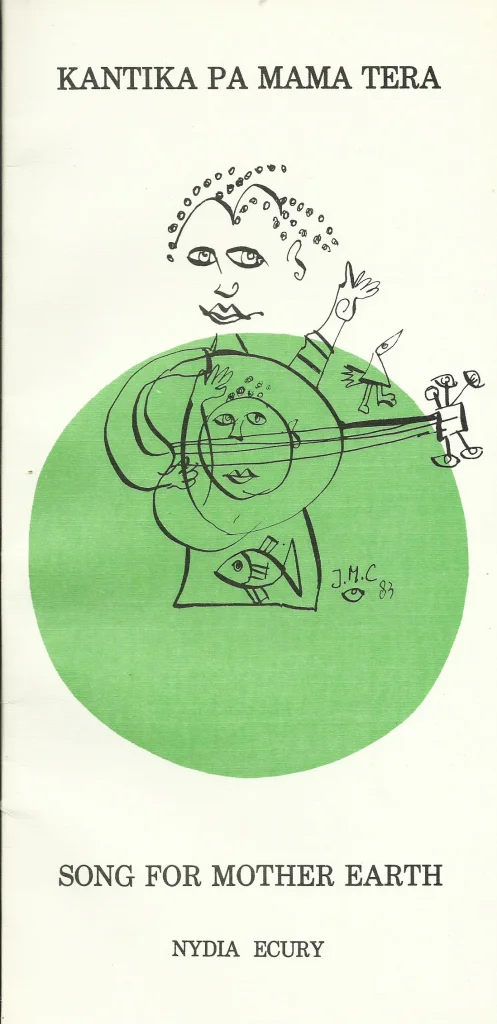Argentina: All Men Are Liars (Alberto Manguel, trans. Miranda France)
Alberto Manguel (b. 1948) has worn many hats. In addition to his work as an author or fiction, he is also known for his editing of literary anthologies, his translation work, and his essays and non-fiction. Although of Argentine descent, he spent his first few years in Israel where his father was the Argentine ambassador before moving to Buenos Aires. As a teenager, he met Jorge Luis Borges, and eventually Manguel became one of Borges' regular readers as the latter author became increasingly blind. Abandoning his studies at a young age, Manguel went to work at various publishing companies, living in Paris and London. He began to publish short stories, before becoming a journalist and editor. He later lived in Tahitit, Surrey, and finally moved to Toronto in 1982, where he remained until 2000. He then moved to France, where he renovated a medieval presbytery into an oak-paneled library to house his 40,000 books. (A man after my own heart...)
Background: Argentina contained of many native cultures, eventually conquered by the Inca Empire around 1480. Amerigo Vespucci arrived in 1502, with others visiting the territory later. A Spanish settlement was established in 1541. Paraguay also colonized the region, also the Spanish Empire was more successful. In 1810, the May Revolution replaced the Spanish rulers with the First Junta, a government made up entirely of locals. Civil wars resulted in splintering with certain areas later becoming other countries, while the rebels themselves split into two groups: the Centralists and the Federalists. In 1816, the Congress of Tucumán created the Declaration of Independence, and by 1819 a centralist constitution was put in place (and removed shortly thereafter). In 1820 the Federalists and the Centralists fought again, and Bernardino Rivadavia was instituted as the first President, until the rebellion forced him to resign. Civil war resumed and this time the Federalists prevailed, forming the Argentine Confederation in 1831...and then were then ousted in 1852. Finally in 1861, in the Battle of Pavón, the modern state emerged as the country was reunified. The following presidencies emphasized liberal economic policies, and many Europeans immigrated to the country. Both population and the economy exploded. Unfortunately, in 1930, the President was ousted from power by the military. During the following decade, a series of coups destabilized things until Juan Domingo Perón won the 1946 election. Although the country came back from the brink in most ways, the economy began to decline in 1950, and another coup took place in 1955, and later another in 1966 (Argentine Revolution). The USA and CIA then sponsored state terrorism throughout the 1970s, resulting in thousands killed or "disappeared" during the military dictatorship. The decade was characterized by political instability, violence, constant clashes between the right and left wings. In 1983, Raúl Alfonsín won the Presidency, and attempted the prosecute those responsible for human rights violations, but economic crises resulted in his resignation and the institution of another man, Carlos Menem, a neo-liberal. The past decades have resulted in Argentina's worsening economic situation, growing social discontent, but recent elections have put in place leaders intent on dealing with inflation and the economy.
With Manguel's international life, it is interesting to reflect post-facto on the ways in which that might have influenced this book. All Men are Liars is an absolutely fascinating read. It might be called a "cross-continental literary mystery," and yet its actual structure is already unique. The book is structured as a series of monologue interviews with various characters from the life of Alejandro Bevilacqua, a (fictional) Argentine expat writer in Spain. The journalist, a sort of background character, is trying to understand the events surround Bevilacqua's death, which took place shortly after his supposed masterwork In Praise of Lying was published. The book constantly turns you around and makes you question what you just read. Each person interviewed has a unique perspective on Bevilacqua, and the reader is left unsure which interviewee is the most truthful (all of them? none of them?) about their understanding of the author. It is a great mental game, but it is also a wonderful exploration into the difficulties in really knowing someone. Acting as a background to the main narrative is the sordid history of Argentina's political turmoil in the 1960s. There is some serious darkness there. I absolutely loved this book and I highly recommend it for most readers.






